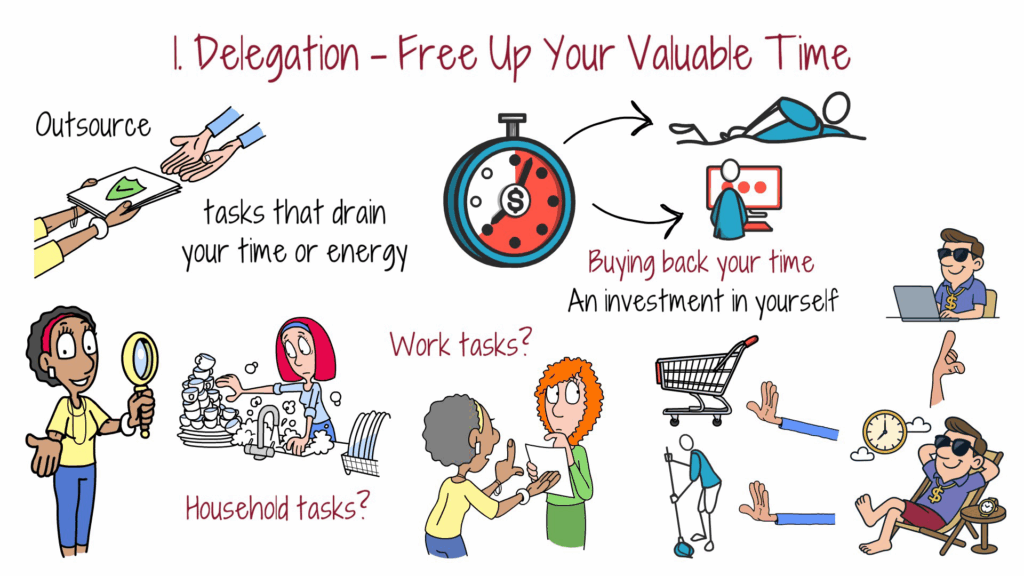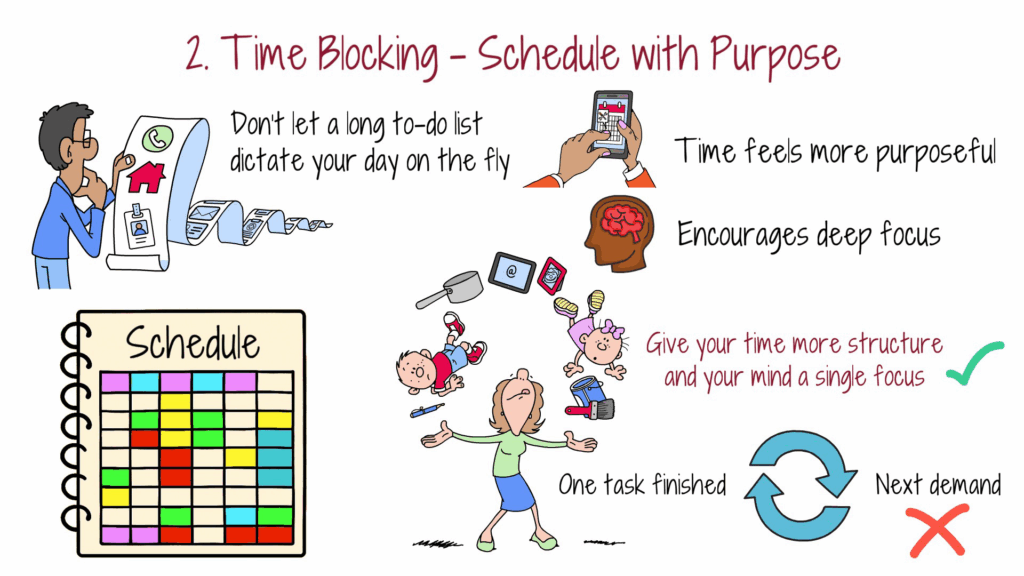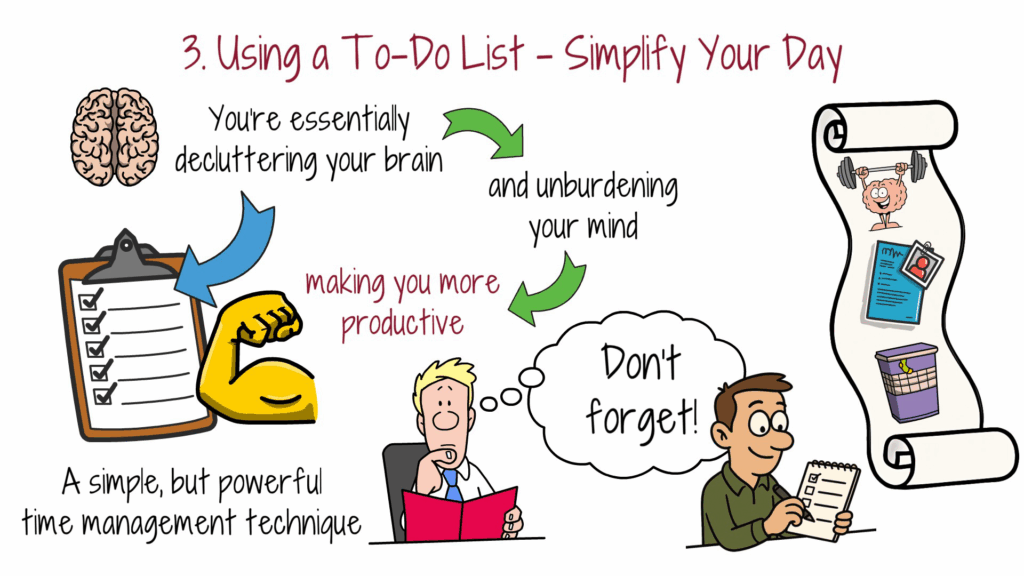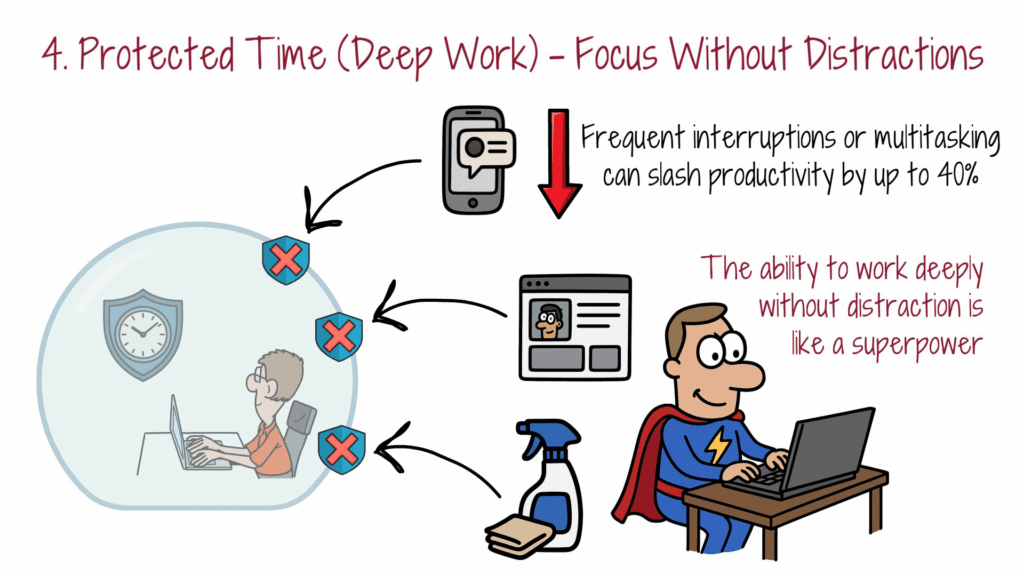You’ve likely heard the phrase “time is relative” before. As each year passes and you grow older, it becomes shockingly more true. It’s strange, if you watch a clock ticking, you’ll note that – obviously – time is always the same. A second is a second, a minute is 60 of those. Yet it’s the way you perceive time that makes it relative. Some months fly by, while others are akin to walking through thick custard. There’s no way of pinning it down or understanding it at all, really. Time passes through us.
It can often feel as if there is nothing stopping time. The scary thing is there isn’t – it will always plough ahead, leaving everything and everyone in its wake. In amongst this sense of existential dread, there lies you, searching for an ounce of control over this celestial force. We, as humans, tried to understand time by creating clocks and calendars. Our understanding comes from the barriers we have made, the same barriers you can use to improve your time management and put the seconds back in your hands.
After all, if time is truly a construct, then understanding its mechanics will put you a step closer to making it work for you.
Letting time pass through you is, for many people, not an option. Modern lives are filled with many responsibilities, not to mention the pressures of individual aspirations. After you’ve sorted time for work, family, and socialising, it may feel like there is no time left for exercising or a side hustle, for instance. But in a world plagued with higher living costs, learning how to maximise your time is becoming something of a superpower.
You see, if you can use the hours at your disposal to your advantage, time can feel stretched out – in a good way. Days get eaten up but they’re slowly digested and utilised effectively. Think of good time management as a healthy carbohydrate – the consumed energy is stored and released over a much longer period than sugary foods, for example. The goal here is to stretch your hours rather than use them all at once.
With that in mind, here are some time management tips you can use every day.
Delegation
Why does it always seem like the rich and famous have all of the time in the world to do what they want and better themselves? Among other things, the money at their disposal means they can delegate tasks such as cleaning and other time-consuming activities to cleaners, for example, to leave room for more high-value activities. Of course, not everyone is able to afford to delegate, so if you can’t spare much, isolate a task that, if absent from your schedule, would free up useful time.

For example, hiring a dog walker is a cheap way to save time on walking your four-legged friend twice a day. If your writing business is booming, for example, you can hire freelancers to take on some of the smaller projects you receive and put more energy into the more significant, higher-paying ones.
Time Blocking
Does it ever feel like you have a million and one tasks to complete at any given point? And that any task you do complete lacks a sense of accomplishment because there are so many others to do? If so, you’re not alone. Even a writer, for instance, might have several different projects and different types of writing. On top of career goals, you may have ambitions to learn a language or an instrument – goals which feel impossible to make time for.

Not only are there not enough hours in a day to do absolutely everything you want, but there’s not enough capacity in your brain to juggle them all at once. That is where time blocking comes in.
Scheduling specific blocks of time for tasks helps make time feel purposeful while also giving your brain an axis to focus on and head towards. Start by using Google Calendar, for example. A visual representation of your time is useful if you’re looking for an easy starting point.
Using a To-Do List
If you have any interest in personal development, no matter how small, then you will know what a to-do list is. Its power lies in its simplicity – the small yet highly rewarding feeling of accomplishment you get from ticking off your tasks is unrivalled and a great way to drip-feed yourself some gratification continually. It’s that gratification that motivates you to move forward.

When it comes to time management, to-do lists are just as potent. When you think about all of the areas you need to attend to in your life, the list seems almost impossible to complete. For example, you’ve got:
- Fitness and general health and well-being
- Work and career aspirations
- Mental health enrichment and protection
- Maintaining a happy, exciting, calm social life
- Stimulating intellectual and creative curiosity
How do you fit all of those in and find time to keep on top of bills and mundane things such as housework? Moreover, in the modern era, where nearly everything is at your fingertips, such a task can feel quite daunting. As life continues to feel more complex, a to-do list is a reminder to keep things simple. It’s something sports coaches up and down the land will tell you – doing the simple things well is perhaps the most challenging mindset to teach.
So, to build a to-do list that helps you manage your time effectively, start by ordering your priorities in terms of importance. Start with the tasks that absolutely must be completed today, then work your way down. What can be shifted to tomorrow, the day after, or next week? Do you have any work deadlines? The simple act of laying out the tasks in front of you is a surprisingly powerful time management tool because once you decide what you need to and can accomplish in the 24 hours you have in a day, you can dedicate the necessary energy to that, instead of dipping in and out of multiple tasks and feeling like you didn’t complete anything at all.
Remember, however, you’ll never complete every item on your life’s to-do list. Life is a series of never-ending problems you need to solve, so to keep on top, cut yourself some slack. There will always be something else to do, so don’t rush to do it all at once.
On that, there’s one last point to keep in mind. Chances are, you won’t complete absolutely everything on your to-do list. You may go to sleep one night with lofty goals planned for the next day, until work, for example, requires more energy than you expected, forcing your hand and making you unable to do the dishes or exercise, for instance. That is okay. Don’t forget that. Just because you created a to-do list, you shouldn’t be disappointed in yourself for not completing it.
Reorder your priorities and find the time. It’ll show up – a list is a solid place to start.
Protected Time
Known by some in the personal development industry as ‘deep work’, protected time is when you set aside uninterrupted time for important tasks. You’ve likely been in this situation before – you’re trying to do something important but distractions keep rearing their head. Before you know it, instead of calling the bank you’re hoovering and getting ready to do a food shop.

Remember, your time is valuable. The world we live in feeds on its ability to distract you, whether that’s through advertising or social media, or perhaps you just find it difficult to sit down and do something distraction-free. Again, that is okay. It is, however, a time-killer.
So, if you know there is something you need to do, such as write an important email or apply for a once-in-a-lifetime job, create an atmosphere that makes distractions next to impossible. Use some noise-cancelling headphones, put your phone in another room, or only put one item on your to-do list.
Effective time management is about knowing how valuable your time is. There’s only so much you can do in a 24-hour period, so it’s up to you to define what is important to you. You can’t fulfil everything you need in one day, so ensuring you not only have the time but the right time is vital to making it work for you.
